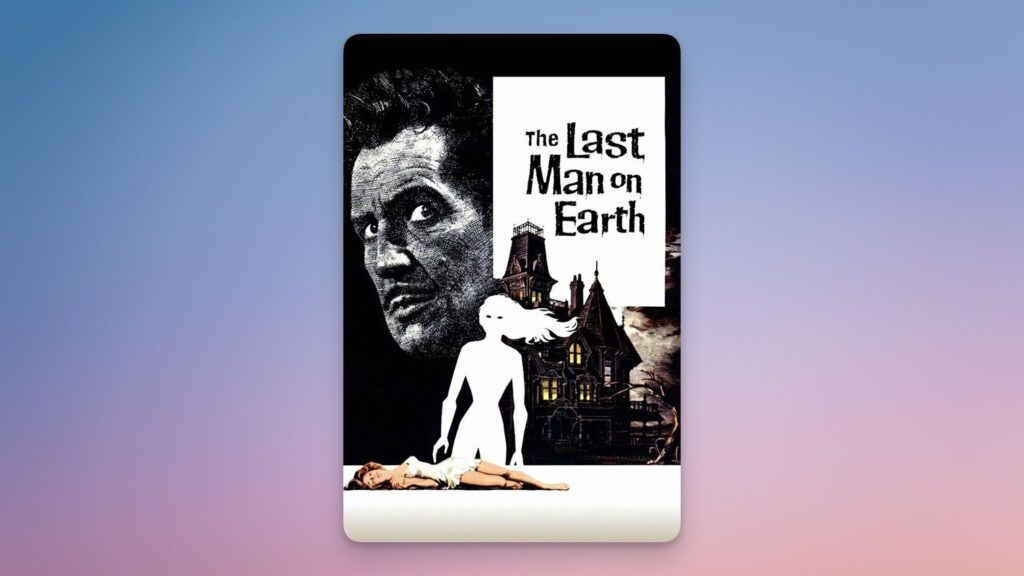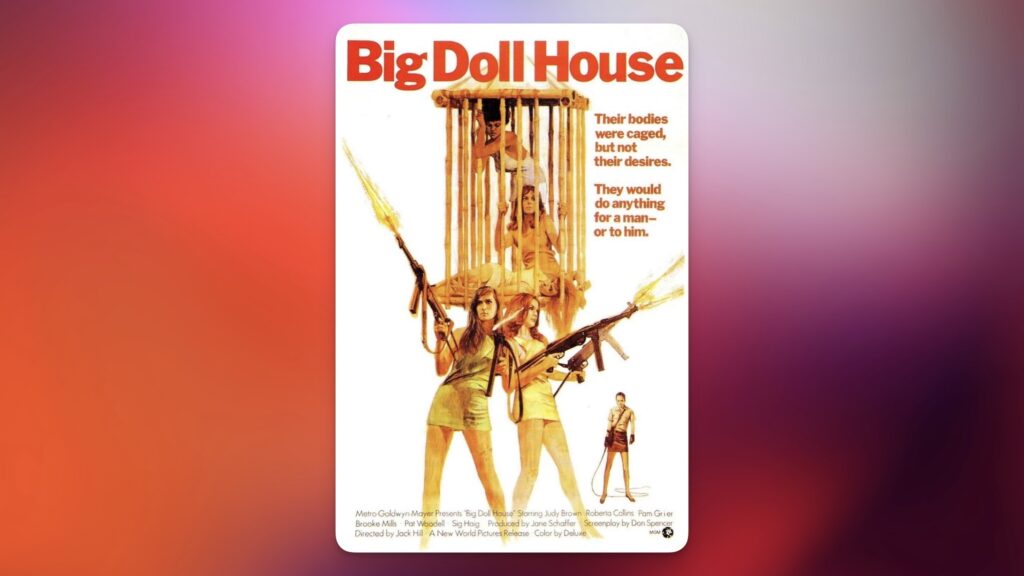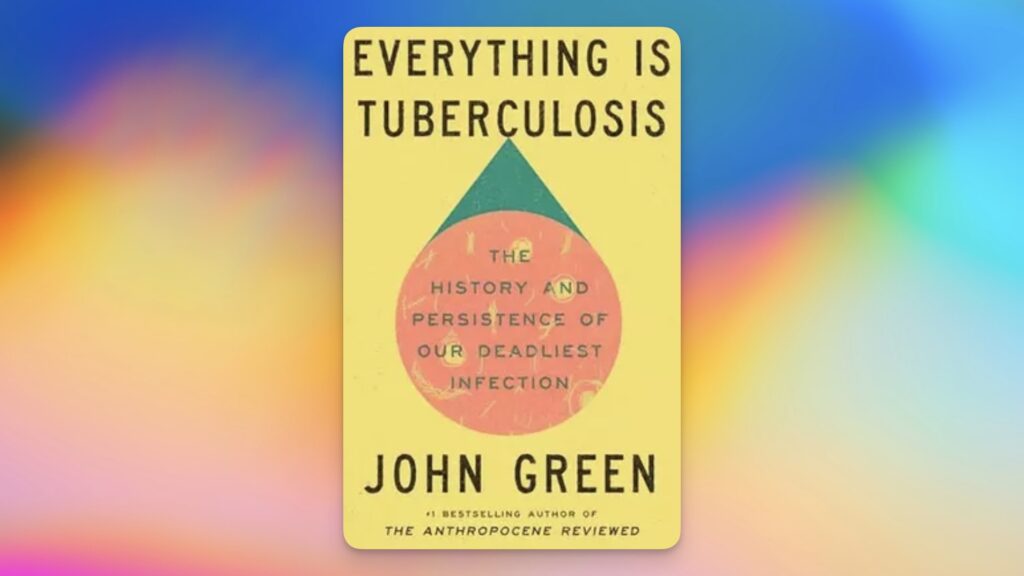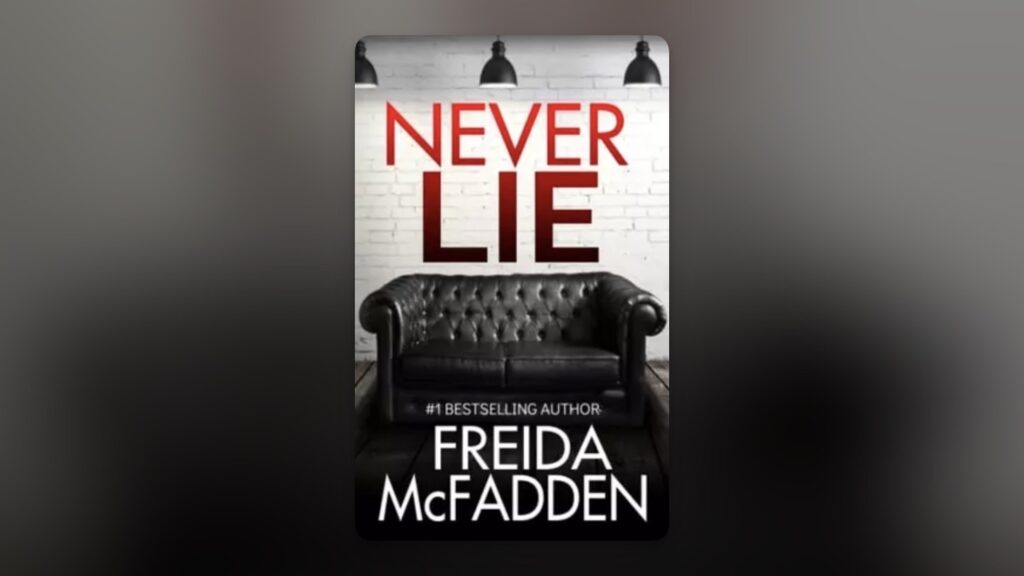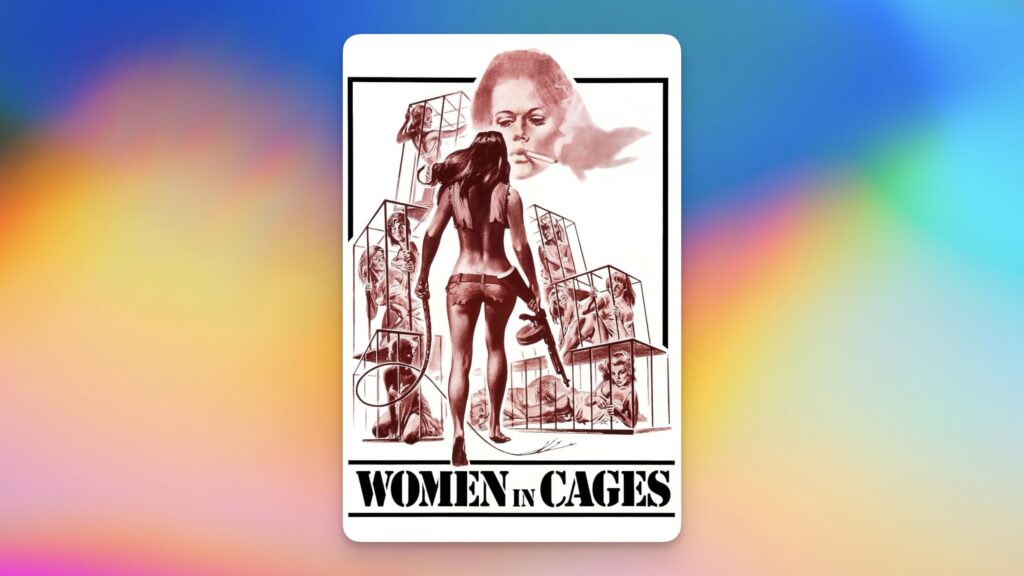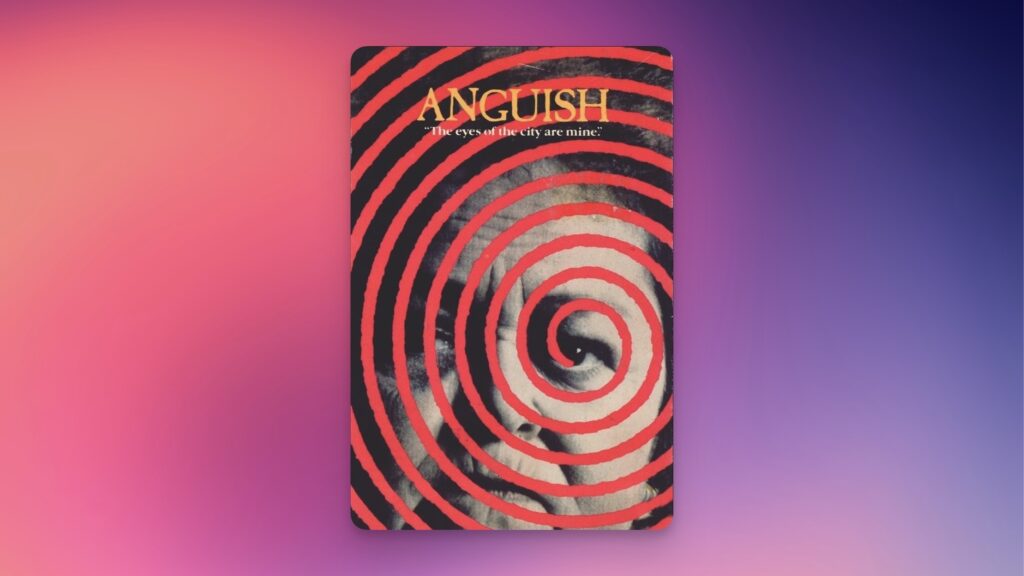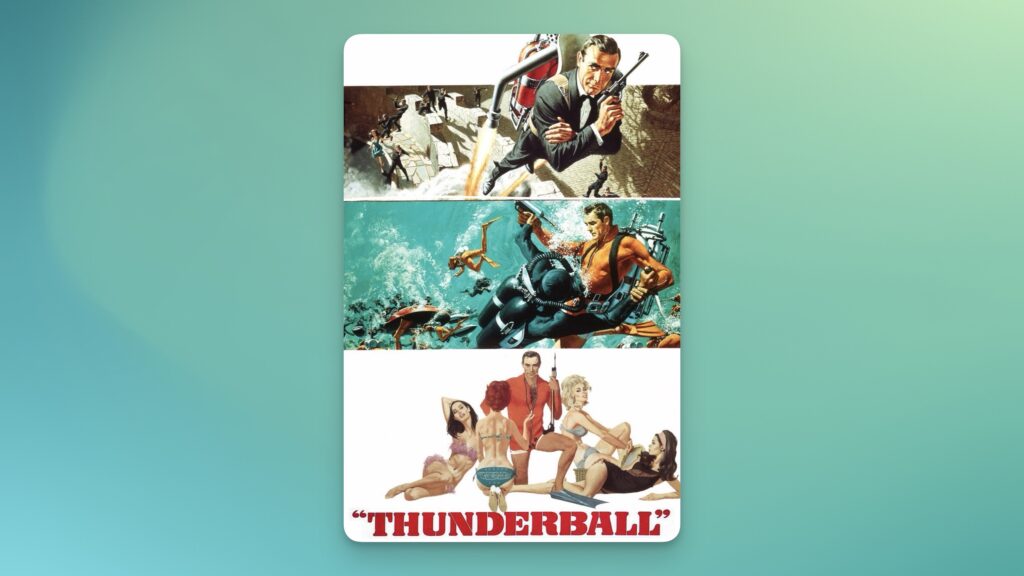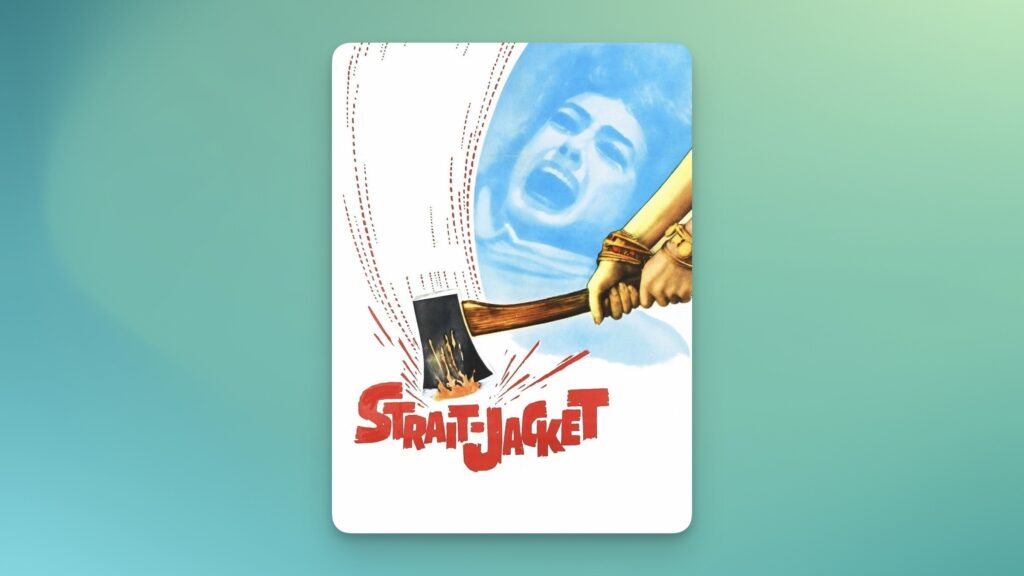Some movies hit you first through your ears. Jesus Christ Superstar was one of those movies for me. Before I ever saw Norman Jewison’s wild, sun-bleached film version of the 1970 rock opera, I grew up with the record spinning on the turntable, over and over, courtesy of my mom. She was a huge fan. It was part of the background noise of my childhood—the good kind. So there’s no way I can talk about this movie without acknowledging the strong scent of nostalgia hanging over it like incense in a high school auditorium production of Godspell.
Here’s the thing: I’m not religious. Never have been. But this soundtrack—this utterly bananas, wonderfully indulgent ‘70s rock spectacle—somehow drilled straight into my brain and planted roots. The guitars, the orchestrations, the barely-contained madness of it all. It was always less about Jesus and more about the vibe.
Jewison’s film adaptation gets that. It leans hard into that vibe. And I love it for that. Filmed in the Israeli desert, using ancient ruins as a stage and framing it all like some post-hippie, anti-pageant theater camp road trip, this is a film that feels less like a religious experience and more like an acid trip someone decided to stage for an audience of disaffected theology majors. That’s a compliment.
The conceit is brilliant in its weirdness: a busload of actors arrives at an old fortress, disembark, and begin performing the musical as the camera rolls. There’s no attempt to hide the seams—modern clothes, microphones, machine guns, tanks. If there were any fourth walls, they’ve long since crumbled. It’s that self-awareness—combined with the film’s utter commitment to its tone—that makes Superstar work better than it should.
And what a tone it is.
Carl Anderson’s Judas is the heart of the thing. Charismatic, anguished, furious—he dances, he broods, he belts “Heaven on Their Minds” like he’s trying to warn the audience and himself. Ted Neeley’s Jesus is… well, ethereal. Sometimes vacant. But when he opens up in “Gethsemane,” it’s raw and unfiltered, one of the most effective rock ballads of spiritual burnout ever captured on film. Yvonne Elliman’s Mary Magdalene is lovely, if underused—her “I Don’t Know How to Love Him” has aged better than most love songs from that era.
There’s also something oddly delightful about watching professional dancers leap around on ancient stone walls while wearing tie-dye and platform sandals. The choreography is peak 1970s—equal parts earnest and awkward. I love it. I genuinely love the parade of talent on the rocks, spinning and singing in what must’ve been blistering heat, all in the name of this lo-fi passion play with a Marshall stack.
But here’s the thing I can’t get past—and it’s not really a problem with the film so much as with the musical itself: Act II is a structural disaster.
The first half of Jesus Christ Superstar moves. It builds tension. It crackles with energy and conflict. Judas’s arc, Jesus’s rising notoriety, the uneasy swell of rebellion—it’s there. But after Herod’s Song (which is a glitter-drenched fever dream and arguably the highlight of the entire movie), the wheels come off. The pacing crumbles. The emotional momentum gets weirdly slack. There are songs, yes, but they’re more like prolonged sighs than dramatic turns. It’s like Webber and Rice just ran out of steam but didn’t know how to end things gracefully.
So we get the crucifixion, of course. And it’s fine. But the juice is gone. Judas’s return in the title number is a jolt of energy, sure, but it’s too little, too late. That second act just doesn’t earn the pathos it thinks it does.
Still, even with its structural problems, the film manages to land as something unique and oddly timeless. It’s hard to imagine a major studio signing off on something this odd today—certainly not something that opens with a group of actors unloading a bus in the desert and ends with the camera lingering on a crucifix silhouetted against a sunset.
And maybe that’s the point. This isn’t a literal telling of the Gospel. It’s a cultural relic, filtered through the haze of 1970s counterculture, rock and roll, and performative protest. It’s not about belief. It’s about expression. It’s about wrestling with faith in a language that sounds like an electric guitar melting down in the middle of a sermon.
I love it. Warts and all. It’s flawed, messy, and totally unhinged—but it’s also one of the most honest pieces of musical cinema from its era. A time capsule. A fever dream. A nostalgia hit with a killer soundtrack.
And honestly? That’s more than enough.


